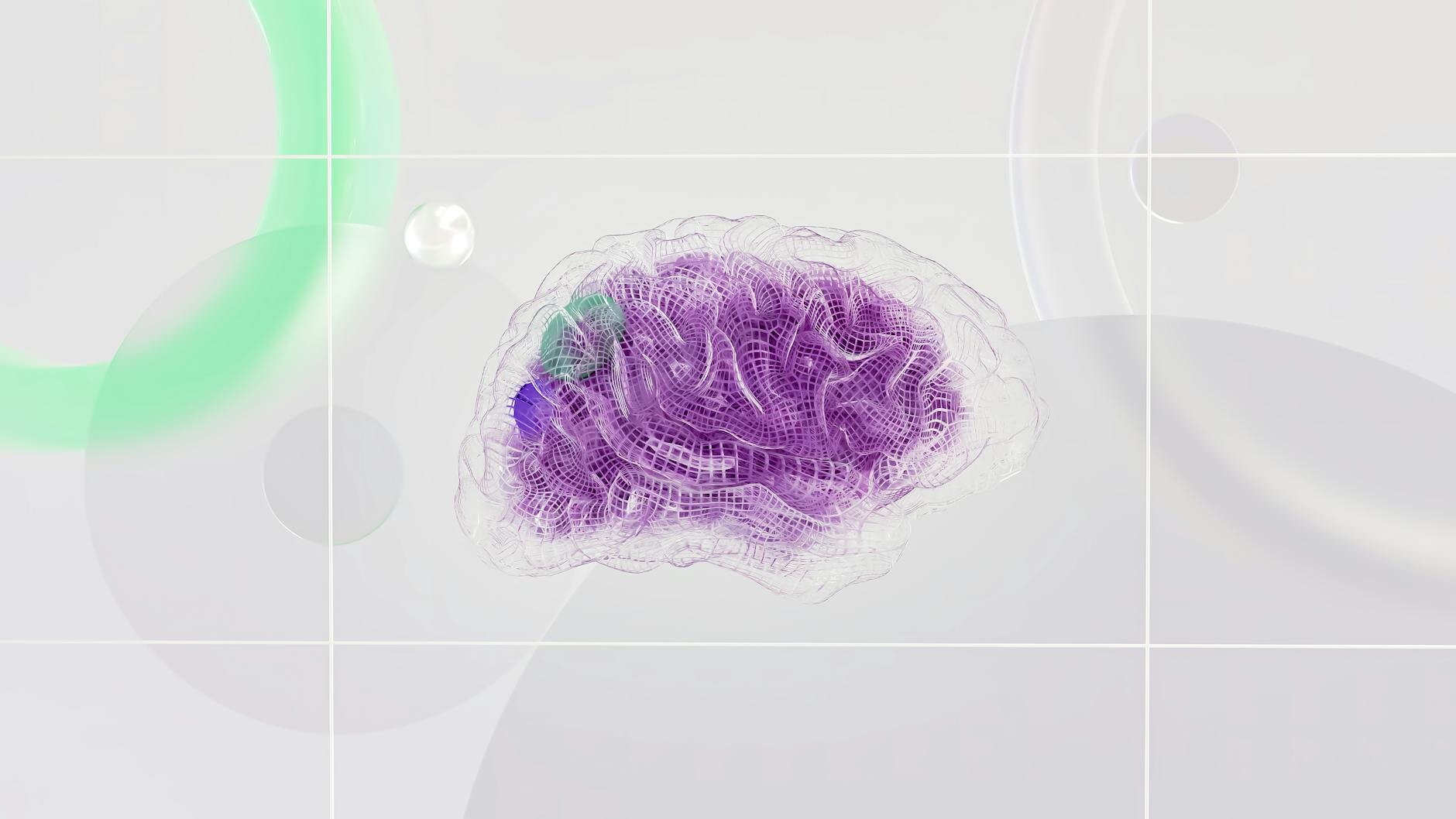What we offer
Research Tools
What you can do
- Videos
- Articles
- Podcasts
- PDFs
- Books
- Any webpage in general
- Documents
- Export to PDF
- Presentations
- Record it to video
- Mind maps
- Argument maps
- Animations
- Interactable web page

The purpose

Forum
What you can do
The forum is the public space for information discussions and statuses (conclusions). Whether you're an organization, a student, an expert, an academic, a company, a team, a group of friends or just the every day person: This is the place to figure out why and where misinformation exists. Eventually, when the information system is in order, this will also be the place to understand societal problems and figure out solutions.
The forum is divided into multiple parts:
- Topic discussions
- Source check pages
- Interactable data pages
- Data visualizations
Source check pages are any pages that gets opened for discussion by anyone. Let's say you're browsing the internet, and stumble upon a video, article, podcast or website containing information you're not sure is true. Or, perhaps you know for sure is wrong. You can then open it as a source check page on our website, where you and others can figure out the validity. Later, fact checkers and experts can help if necessary. These pages will not only discover misinformation on the internet, but also figure out what public figures or organization have a tendency to manipulate the narrative.
Topic discussions is the next feature on the list. While source check pages will cover a lot of problems, it will only look at specific sources isolated. There is also a need to compare sources and topics on a broader level to understand trends and narratives, and this is what topic discussions will do. In the beginning, only Workspaces will be able to open a discussion page for exploring information, and then to publish the findings on the forum. Later, a more public version will be released.
Data visualization pages is a more fun way to understand and discover data. While it may not be a source of information in itself, these pages will help with understanding settled topics.

The purpose
Polarization and political tribalism, echo chambers, cancel culture, uninformed activism and narrative manipulation has been on a rise the past few decades. The internet has given everyone a voice, but without a system it has become more chaotic than insightful. It is increasingly more difficult to know what to believe.
Part of the reason has been the fact that anyone can post information anywhere. While this is good for freedom of speech and the participation of all, it is also the cause of the current chaos. People throw out information on impulse and without deep thought. It's like throwing garbage in the forest, not believing it will do damage in the long term. In reality, comments and posts stays on the internet forever, not being reviewed or deleted when proven to be wrong. Our system will not only centralize the discussions and give everyone just one place to figure stuff out, it will also notify conclusions for impending viewers, prior viewers, users sourcing that information, and perhaps followers of it.

Workspace
What you can do
On Xplainit, you can use Research Tools to work on your own information-space, or the forum to explore and figure out statuses publicly. In the Workspace, you can work with others you know to figure out a middle ground on topics. In our Workspace, you'll have access to tools that are found in Research Tools, plus many others to help with collaborative efforts.
They include:
- Overview page
- Social page
- Kanban page
- Creation space
- Workflow planner
- Topic discussion tools
- Topic planner
Overview page is a simple place to see what the latest news are, very adaptable to your needs.
Social page is simply a place for people to talk to each other in simpler terms, more like Facebook groups.
Kanban page is a way to arrange your projects in lists and cards. Unique on our workspace is that it is connected with the rest of the workspace.
Workflow planner is a cool feature where one can assign people or teams, declare tools to use, in what order and when. This creates an easy to understand overview over the processes the teams works in.
Topic planner is a tool to declare for the team what stuff you focus on and work on, as well as visualizing how much you have accomplished.
Topic discussions is a page for discussing a topic, hypothesis or question. Here you can choose between a long list of tools to get a good overview over all the information necessary. Later, this can be published publicly for others to view and learn from on the forum.

The purpose
Many like working with information and figure stuff out, and use platforms like Facebook groups, Reddit, X (Twitter), forums alike and comment sections elsewhere to do so together with others. Established organizations may use Trello, Microsoft Teams, and other paid tools. Of what is available, they are not fundamentally designed for exploring, understanding and working with information on the internet with critique and fact checking in mind. We want to change this.
You might wonder, why not just have the Research Tools for researching and the forum for people to discuss in? The reason is, sometimes information is for personal use only, and sometimes working on information with others require deep, long term thinking. This can best be done in a Workspace, where you group with people that you work well with to figure these things out. You can then publish your collected findings for the world to review and comment on, resulting in a more thought out and efficient experience.

